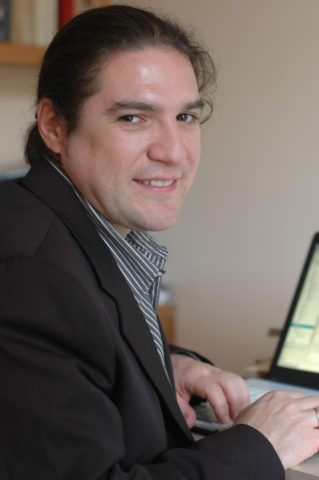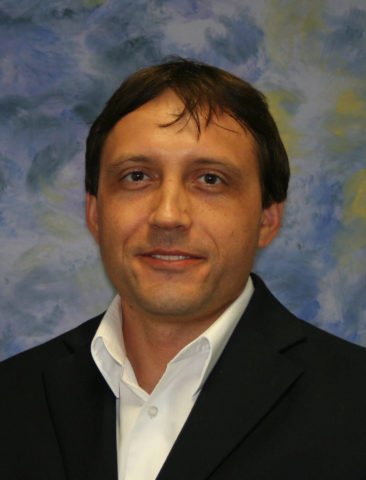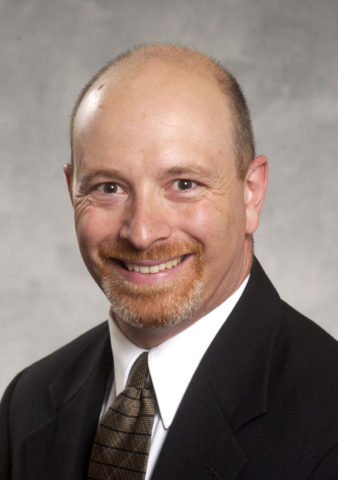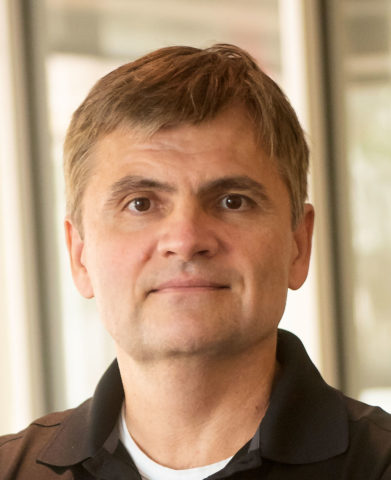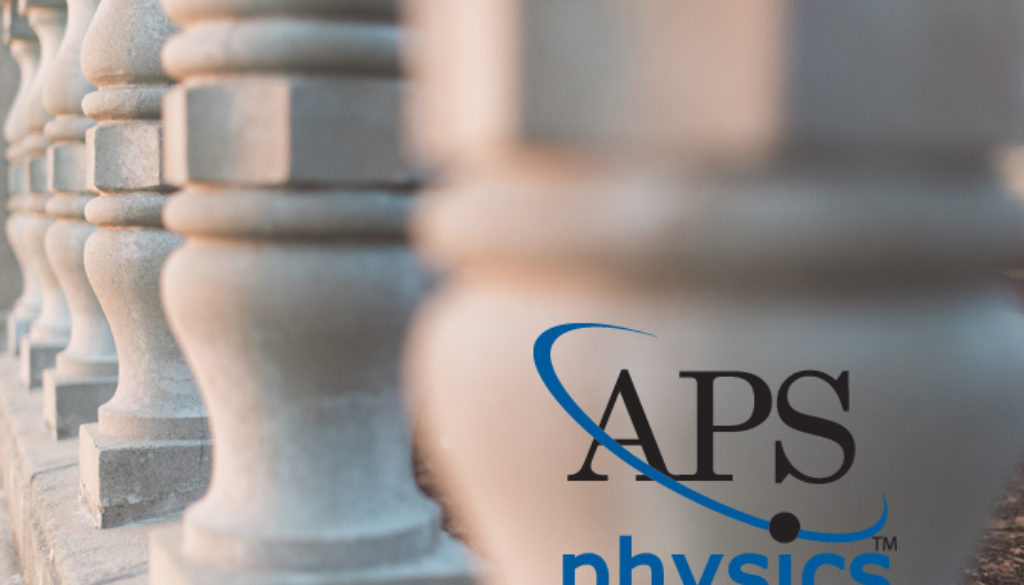Four Texas A&M Faculty Elected as American Physical Society Fellows
COLLEGE STATION —
Four Texas A&M University professors — Artem G. Abanov, Alexei V. Sokolov, David Toback and Vladislav V. Yakovlev — have been elected as 2015 Fellows of the American Physical Society (APS), the world’s largest organization of physicists.
No more than one-half of one percent of the organization’s current membership is selected by their peers each year for inclusion in the APS Fellowship Program, which was created to recognize advances in knowledge through original research and publication, innovative contributions in the application of physics to science and technology, and significant contributions to the teaching of physics or service.

Artem G. Abanov 
Dr. Alexei V. Sokolov, 
David Toback 
Vladislav V. Yakovlev
The post Four Texas A&M Faculty Elected as American Physical Society Fellows appeared first on College of Science
